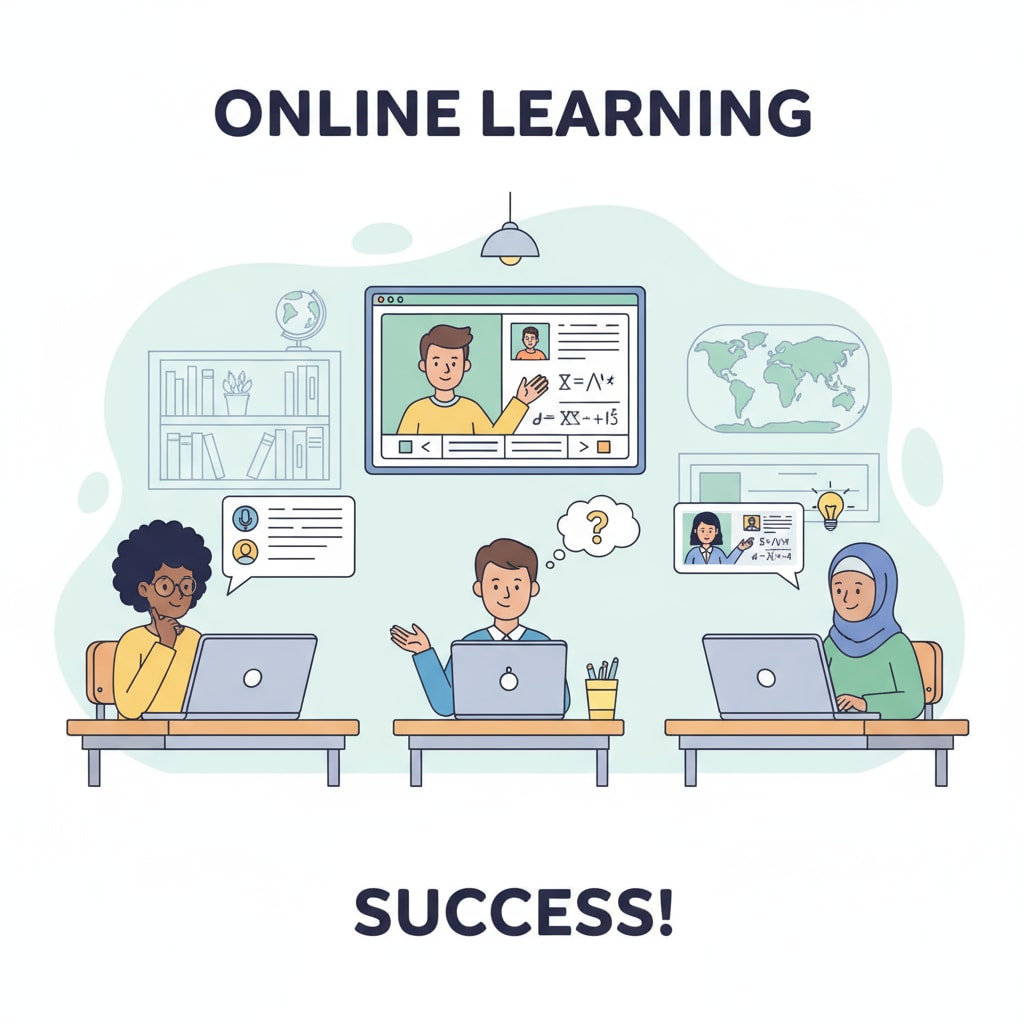When it comes to K-12 education, parents often face a crucial decision regarding tutoring: choosing between online and in-person options. The issue of parents’ trust in online and in-person K-12 tutoring has become a significant concern. This article aims to explore this topic in depth, providing insights and guidance for parents.
The Appeal of Online Tutoring
Online tutoring has gained significant popularity in recent years. One of the main attractions is its flexibility. Parents appreciate that their children can receive tutoring from the comfort of their own homes, eliminating the need for travel. For example, a child can have a tutoring session right after school without having to commute to a tutoring center. According to Education Data, the number of students opting for online tutoring has been steadily increasing. In addition, online tutoring often offers a wider range of tutors to choose from. Students can access tutors from different regions or even countries, allowing them to find an expert in a specific subject area.

The Allure of In-person Tutoring
On the other hand, in-person tutoring still holds a special place in parents’ hearts. The face-to-face interaction is a major advantage. Parents believe that in-person tutors can better gauge their children’s learning progress and address any issues immediately. For instance, a tutor can notice non-verbal cues such as confusion or boredom and adjust the teaching method accordingly. Britannica states in its education section here that the traditional classroom setting, which in-person tutoring emulates to some extent, has its own benefits in terms of direct engagement. Moreover, in-person tutoring provides a more structured learning environment, which can be beneficial for students who struggle with self-discipline.

So, what factors ultimately influence parents’ trust in these two tutoring models? One key factor is the nature of the subject. For more technical or complex subjects, some parents may trust in-person tutoring more, believing that hands-on guidance is essential. However, for language learning or theoretical subjects, online tutoring can be equally effective. Another factor is the age of the child. Younger children may require more in-person supervision, while older students may be more independent and better suited for online tutoring.
In conclusion, both online and in-person K-12 tutoring have their merits. Parents’ trust in each model depends on various factors. By understanding these factors, parents can make more informed decisions. Instead of seeing them as mutually exclusive options, parents can consider combining the two approaches to create a customized learning experience for their children. This way, they can harness the best of both worlds and ensure their children receive the most effective education possible.
Readability guidance: The article uses short paragraphs and lists to summarize key points. Each H2 section provides relevant details. The passive voice and long sentences are kept to a minimum, and transition words are used throughout to enhance flow.


